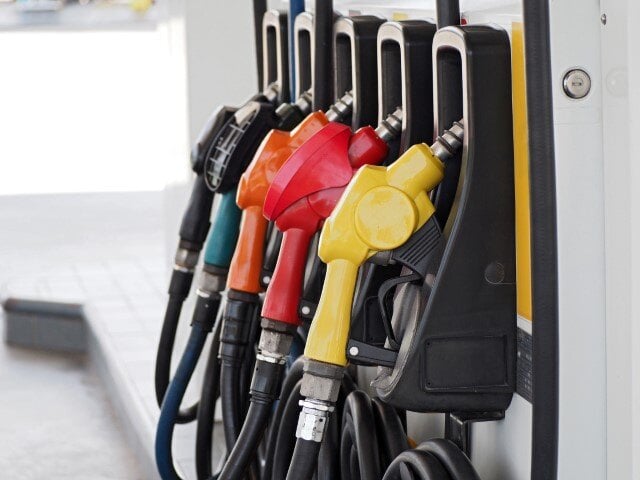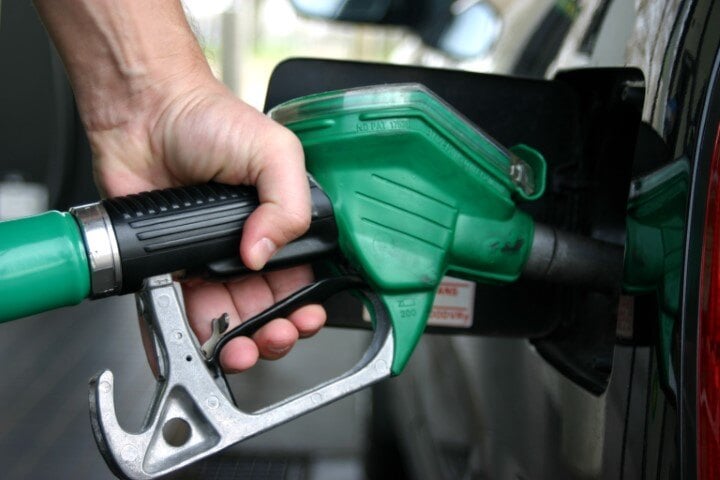1 min read
Congress discusses reducing the ethanol requirement nationwide
On Thursday, December 5th, the EPA met with Congress, stakeholders and industry leaders for testimony on proposals to reduce the amount of ethanol in...

One morning, a Google Alerts notification bugged across our screen – it’s what we use to make sure we don’t miss news and happening within the industry. What we found was some interesting back and forth between Mark Perry of the American Enterprise Institute and John Sedbrook, a university professor in Illinois, about an article Perry wrote that was highly critical about fuel ethanol and our country’s policy regarding it.
 This kind of stuff always makes great reading.
This kind of stuff always makes great reading.
Perry endorsed the view that our whole ethanol policy was “a failure”. Prof. Sedbrook took great umbrage to that and spent a few pages detailing exactly why.
We thought it might be good to summarize some of the latest arguments on the pro-ethanol camp. Some are better than others but the entire thing is definitely worth commenting on. The summary of the pro-ethanol arguments included the following:
The Renewable Fuels Standard (RFS) is the program created by Congress that drives the mandates for how much ethanol and other fuels the country uses. Critics like Mark Perry say it is a failure because the environmental benefits of ethanol have not been clear. Prof. Sedbrook was pretty clear in firing back a contrary view.
We think the environmental benefits for ethanol are probably more positive than negative. But there are a couple other wrinkles that come down on the negative side.
For one, the ethanol market is pretty much a subsidy boondoggle. The only reason people even buy biofuels is because their prices are artificially suppressed by tax dollars from huge subsidies granted to their manufacturers by Congress.
That seems like a raw deal for the American consumer as they pay twice for ethanol fuel – once at the pump, and then again with their tax bill.
For seconds, ethanol supporters like Prof. Sedbrook cite how it lessens our dependence on foreign oil. He specifically cited the need to have the RFS to hedge against the actions of OPEC (the Middle Eastern oil cartel) who monkey around with prices in order to try and impact America’s energy supply.
And maybe there’s a little bit of truth in that. But what’s also pretty clear is that, irrespective of the actions of OPEC, the United States is now the world’s leading energy producers. We get maybe 25% of our oil from all of OPEC put together. There seems to be less need for something like the RFS than there used to be.
This point, we will grant Prof. Sedbrook. If you’ve purchased a car in the last 15 years, you don’t have to worry about it eating up the fuel system in that car.
Of course, we’ve known that to be true for a while. Ethanol’s bigger impacts on small engine and the fuel storage system across the country were not mentioned. And those impacts are impactful and costly to both consumers and businesses.
They were quick to point out about NASCAR’s use of ethanol as a validation of its safety. But this isn’t really news to anyone. Ethanol fuels are great for racing because they provide the high octane ratings that racing engines thrive on. Consumers have different requirements, and “racing fuel” isn’t going to benefit the average consumer’s sedan. Not to mention that when they cite ethanol’s safety by talking about millions of racing miles driven on ethanol fuels, they don’t mention that NASCAR racing engine receive the best care on the planet. They’re broken down, rebuilt, polished, and practically put to bed with a lullaby every night. It’s hard to compare a professional racing engine’s experience to what the average person is going to see who does not have a fulltime crew of mechanics keeping their vehicle in tip-top shape every day.

1 min read
On Thursday, December 5th, the EPA met with Congress, stakeholders and industry leaders for testimony on proposals to reduce the amount of ethanol in...

The whole point of blending ethanol into gasoline across the nation was to improve the environment by making gasoline burn cleaner. Cleaner burning...

In the late 1900s all gas stations sold ethanol free or pure gasoline. By 2011, that number diminished to less than 5,000 gas stations. This amounts...